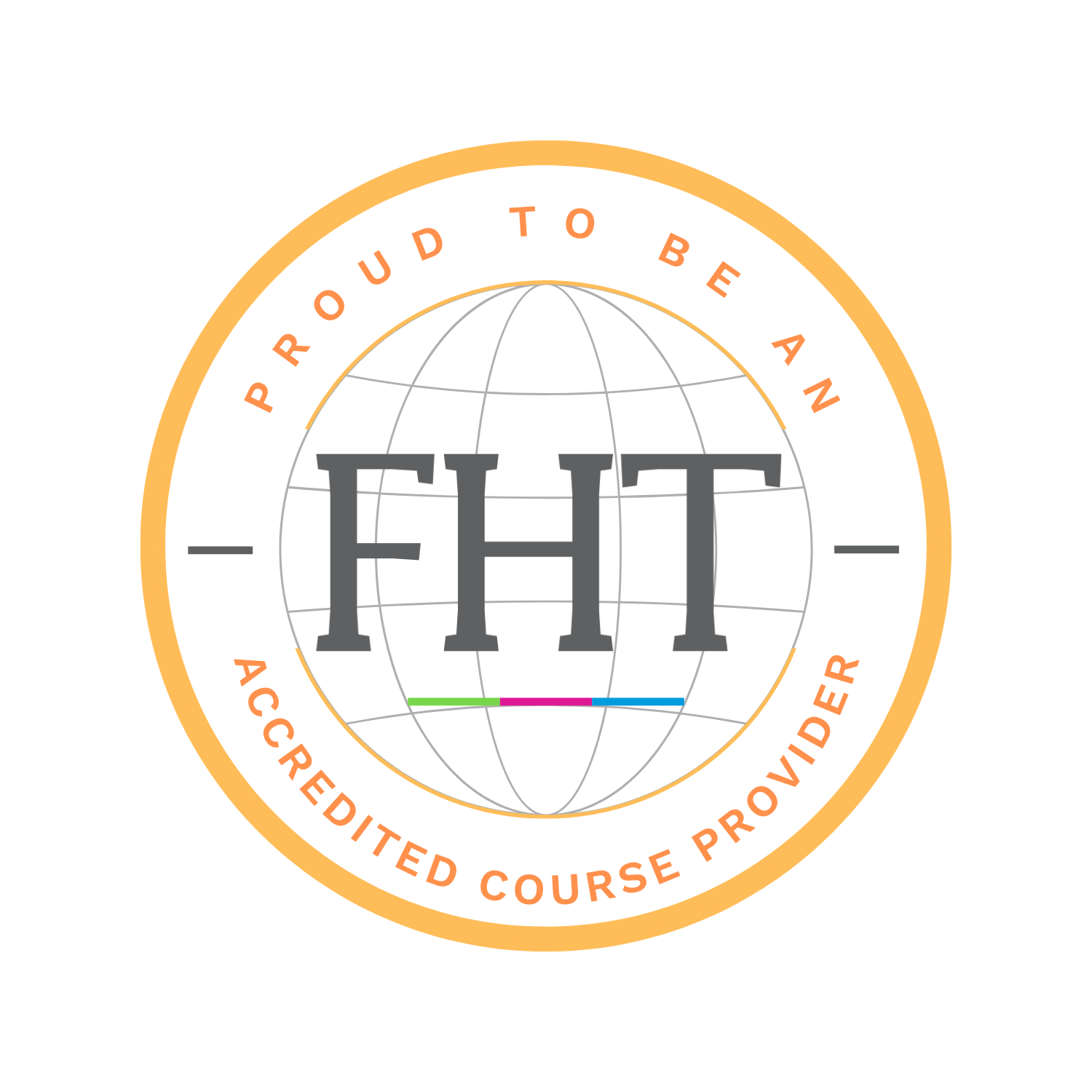Frequently asked questions
A midwife can practise acupuncture following the successful completion of a Breeze Academy medical acupuncture and dry needling foundation course. The term Acupuncturist, however, is a protected title for those that have completed a relevant degree.
Midwives can use acupuncture and dry needling as part of their usual practice after completing our Medical Acupuncture & Dry Needling Foundation Course. Once successfully completed, we ensure that our foundation course delegates can use acupuncture and dry needling as part of their everyday practice safely, confidently and effectively.
Typically, our foundation level acupuncture and dry needling courses take midwives around one to two months to complete. The online component of our course can be completed in your own time, at your own pace, whilst the in-person workshop is conducted across three days.
Following the foundation course, midwives may decide to advance their training further through one of our online or in-person CPD training courses. Our popular Advanced Skills in Acupuncture Course comprises an online component, as well as a two day in-person training event.
Acupuncture and dry needling can offer several opportunities for midwives, enhancing their practice and patient care in various ways:
Pain Management: Midwives can use acupuncture and dry needling to effectively manage and alleviate pain during pregnancy and childbirth. These techniques provide non-pharmacological pain relief options for expectant mothers, particularly those with musculoskeletal discomfort or specific pregnancy-related pains.
Anxiety Reduction: Managing anxiety and stress during pregnancy and childbirth is crucial. Acupuncture has a calming and stress-reducing effect, helping pregnant individuals cope with anxiety and emotional distress during these critical life events.
Complementary Therapy: Acupuncture and dry needling can complement traditional prenatal and postnatal care, offering additional options for pain relief, relaxation, and emotional well-being.
Holistic Approach: Acupuncture aligns with a holistic philosophy, emphasising the interconnectedness of the body and promoting natural healing. By incorporating acupuncture, midwives can offer a more comprehensive and patient-centred approach to maternity care.
Improved Patient Experience: The integration of acupuncture can lead to increased patient comfort and higher levels of patient satisfaction, making the pregnancy and childbirth experience more positive.
In sum, the integration of acupuncture and dry needling into midwifery can enhance patient care, reduce discomfort, and improve patient outcomes during the crucial stages of pregnancy and childbirth.
The integration of acupuncture into midwifery practice offers significant benefits for expectant mothers and midwives alike. Acupuncture can be a valuable tool in managing pain and reducing anxiety during pregnancy and childbirth. It provides non-pharmacological pain relief options, making the pregnancy and childbirth experience more comfortable and less distressing for expectant mothers. Furthermore, acupuncture's calming and stress-reducing effect contributes to emotional well-being during these critical life events.
The holistic approach of acupuncture aligns with the patient-centred care that midwives aim to provide. It emphasises the interconnectedness of the body and promotes natural healing, supporting a more comprehensive approach to maternity care. The integration of acupuncture can lead to increased patient comfort, improved pain management, and higher levels of patient satisfaction. Additionally, acupuncture offers a non-invasive and drug-free therapy, providing natural and minimally discomforting options for pain management and emotional well-being during pregnancy and childbirth.
It is becoming increasingly common for midwives to incorporate acupuncture into their practice. The integration of acupuncture as a complementary therapy is on the rise within the field of midwifery. Many midwives are recognising the value of offering expectant mothers a more diverse range of treatment options, especially for pain management, emotional support, and overall well-being during pregnancy and childbirth.
This growing trend reflects the demand for holistic and patient-centred approaches to maternity care. Acupuncture can be a valuable addition to traditional midwifery care, providing targeted pain relief, stress reduction, and enhanced emotional well-being for pregnant individuals. The combined use of both therapies is contributing to a more comprehensive and well-rounded approach to maternity care, ultimately leading to improved patient outcomes and satisfaction. Midwives are increasingly incorporating acupuncture into their practice to offer a more holistic and effective approach to patient care, addressing both physical and emotional aspects of the childbirth experience.

